- Home
- Research Projects
- UCL Plastic Waste Innovation Hub
UCL Plastic Waste Innovation Hub
The UCL Plastic Waste Innovation Hub is a multidisciplinary team of researchers, including scientists, engineers, designers, and social scientists, taking a design-led approach to the issues of plastic waste.
Jump to:

Jump to:
Projects
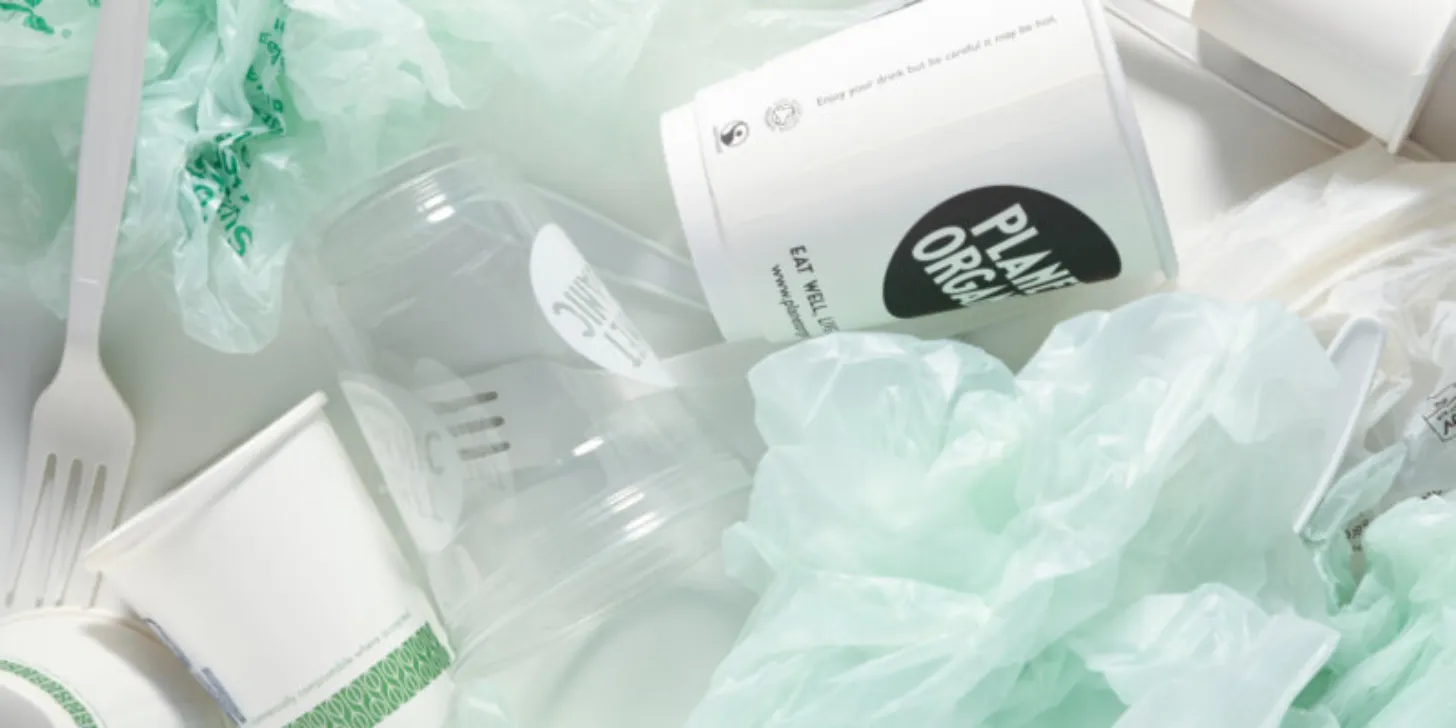
Further Information
This programme will tackle the urgent environmental challenges of plastic pollution, working to create new ways for the sustainable deconstruction of synthetic plastics. The team will be developing impactful engineering biology platforms to enhance the performance of enzymes and microbes for the deconstruction of a wide range of plastics. The team will also develop environmentally friendly, innovative methods to create higher-value products from waste. Alongside this approach, the team will be developing sustainably sourced monomers to make future recyclable-by-design plastics, in support of the transition to a circular plastics economy.These efforts will support UK businesses in meeting their carbon reduction goals, contribute to sustainable clean growth, and help incentivise plastic waste recovery and recycling to prevent pollution and the use of fossil fuels, from which most plastics are derived. This work builds upon previous multidisciplinary research at the UCL Plastic Waste Innovation Hub.
People
The Hub is led by Professor Andrew Pickford at University of Portsmouth, with co-investigators Professor Helen Hailes (Chemistry), Dr Jack Jeffries (Biochemical Engineering), Professor Mark Miodownik (Mechanical Engineering), Professor Paola Lettieri and Dr Andrea Paulilo (Chemical Engineering), Dr Brooks Paige (Computer Science) and Professor Christine Orengo (SMB).
Funders
The UCL Plastic Waste Innovation Hub team have been awarded £2.5m as co-investigators with a new £12M 'Preventing Plastic Pollution with Engineering Biology (P3EB) Mission Hub', funded by the UKRI Technology Missions Fund and the BBSRC.
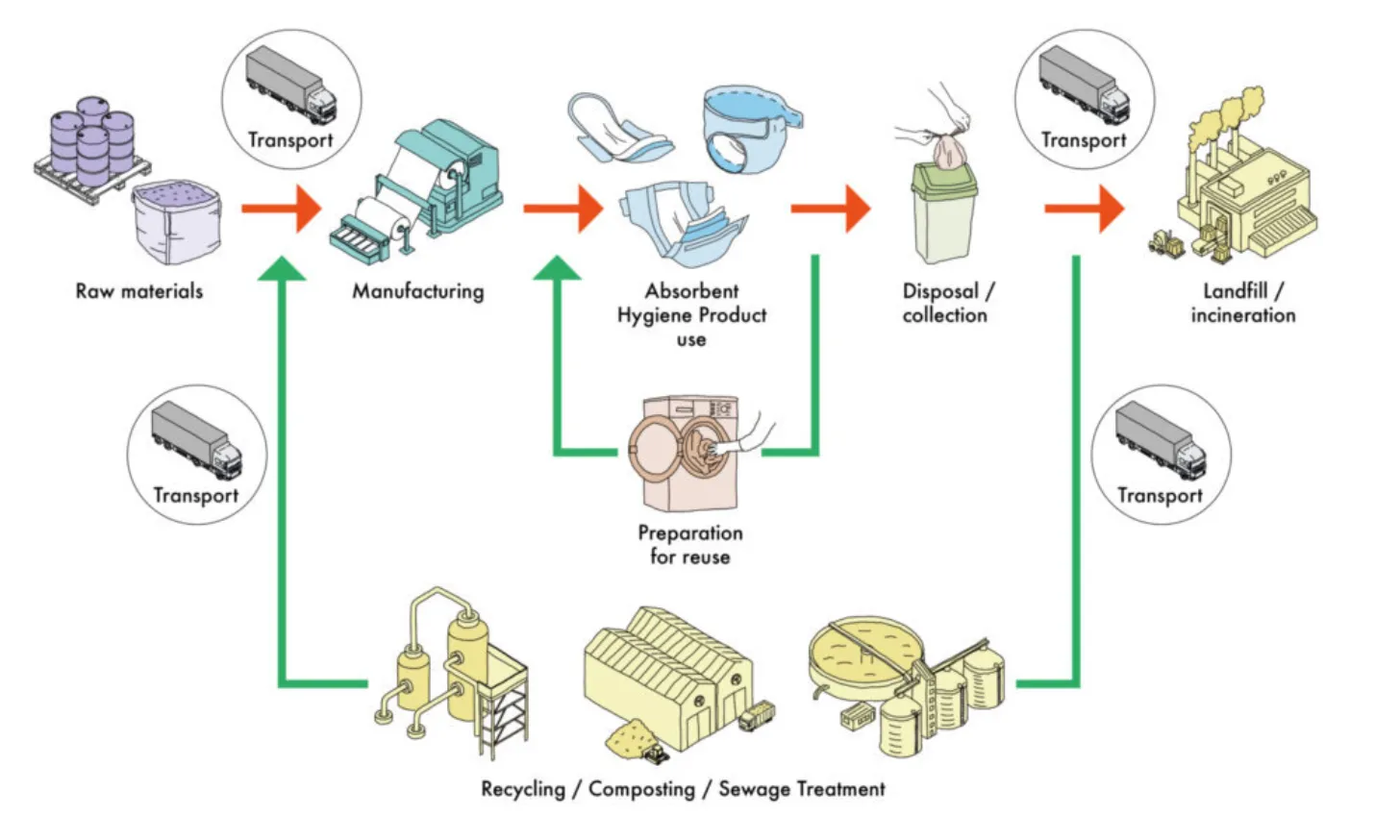
Further Information
The Plastic Waste Innovation Hub are carrying out the fundamental science and engineering that will underpin the transition to a sustainable system for the provision of nappies, incontinence pads and period products. The team are taking a whole systems approach which includes the chemical, bioengineering, material science and design, behavioural science, environmental assessment, waste processing, economic and policy factors that must all be considered to create a sustainable future for this product category. The Hub is carrying out this work in collaboration with industry and policy makers across the whole AHP sector from raw materials to product design, to waste processing, to find optimal solutions across the whole system.
Research Programme
The programme studies three types of products: nappies, incontinence pads and period products. For each of these the team are analysing use models for reduce, reuse, recycling and composting. The Hub is taking a whole systems approach with a multidisciplinary perspective using four lenses: (1) Life Cycle Analysis, (2) Behavioural Analysis, (3) Materials & Design, and (4) Bio/Chemical. Three context specific settings that need realistic solutions have been identified. These are the home setting, the healthcare setting, and the office/workplace setting. The programme goal is to analyse the barriers and enablers for circular solutions that work in these settings but that are generalisable across AHPs. To manage the ambitious scope of this project the programme pairs reduce/reuse approaches to Behavioural Analysis, recycling approaches to Materials/Design approaches, and bio/chemical approaches to Composting solutions. This creates a matrix of research questions, each important in their own right but acknowledges that they will be context specific. Uniquely, this supports the development and comparison of circular strategies using Life Cycle Assessment.
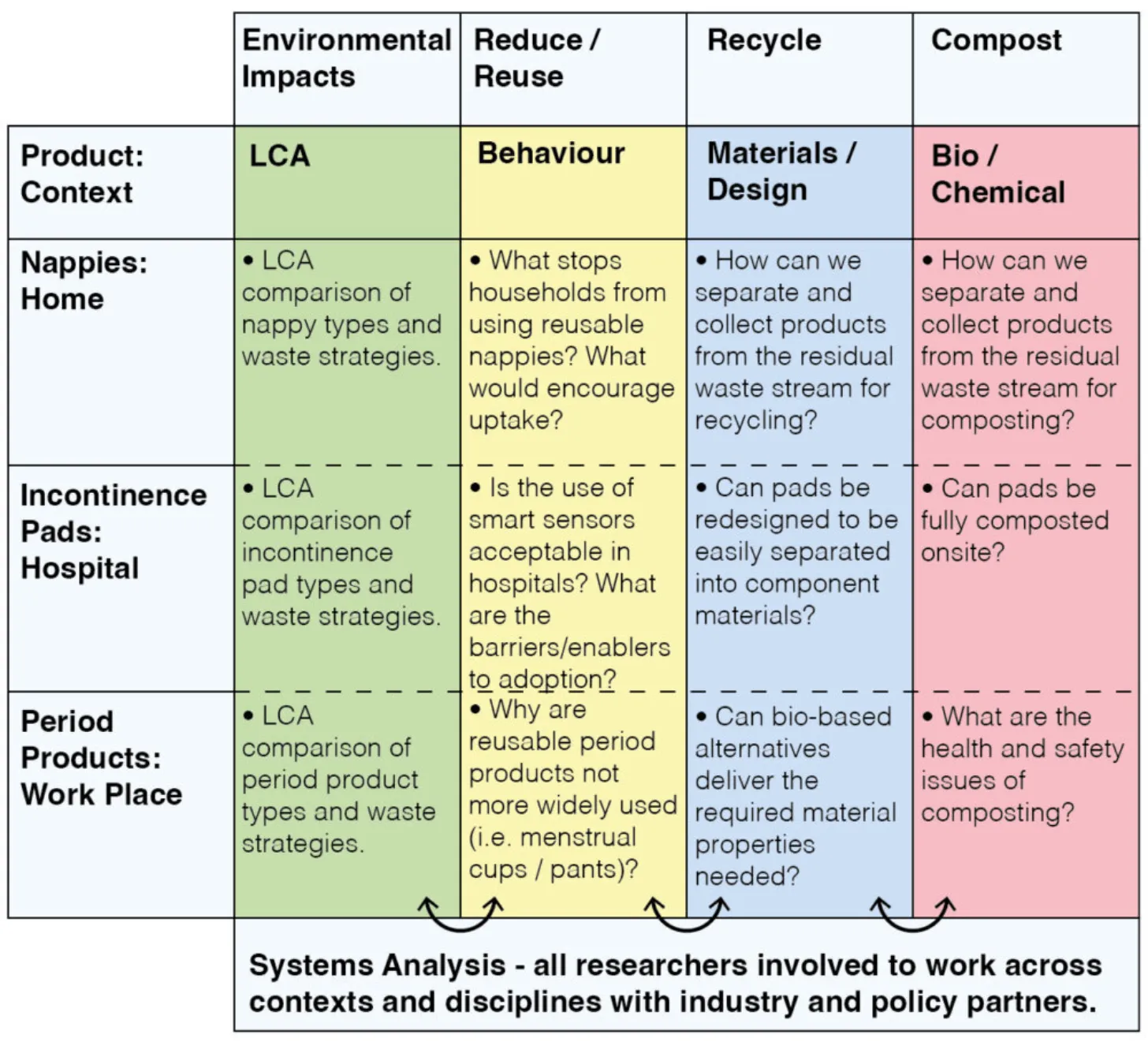
People
The core UCL research team consists of Prof. Paola Letteri and Dr Andrea Paulillo (LCA), Prof. Susan Michie and Dr Fabiana Lorencatto (Behaviour Change), Prof. Helen Hailes (Chemistry), Dr Jack Jeffries (Biochemical Engineering), Prof. Mark Miodownik (Materials Science & Design) and four researchers. The project is part of a wider set of activities coordinated by the multidisciplinary Plastic Waste Innovation Hub which we established at UCL in 2019, managed by Danielle Purkiss.
Funders
The Hub has received £1.75M funding to undertake the first 3 years of this project from UKRI (EPSRC & BBSRC) and are actively looking for further funding. Please contact the team if you are interested in participating.
Media
Webinar: Comfort Loop Research Update May 2024. View.
Find out more.
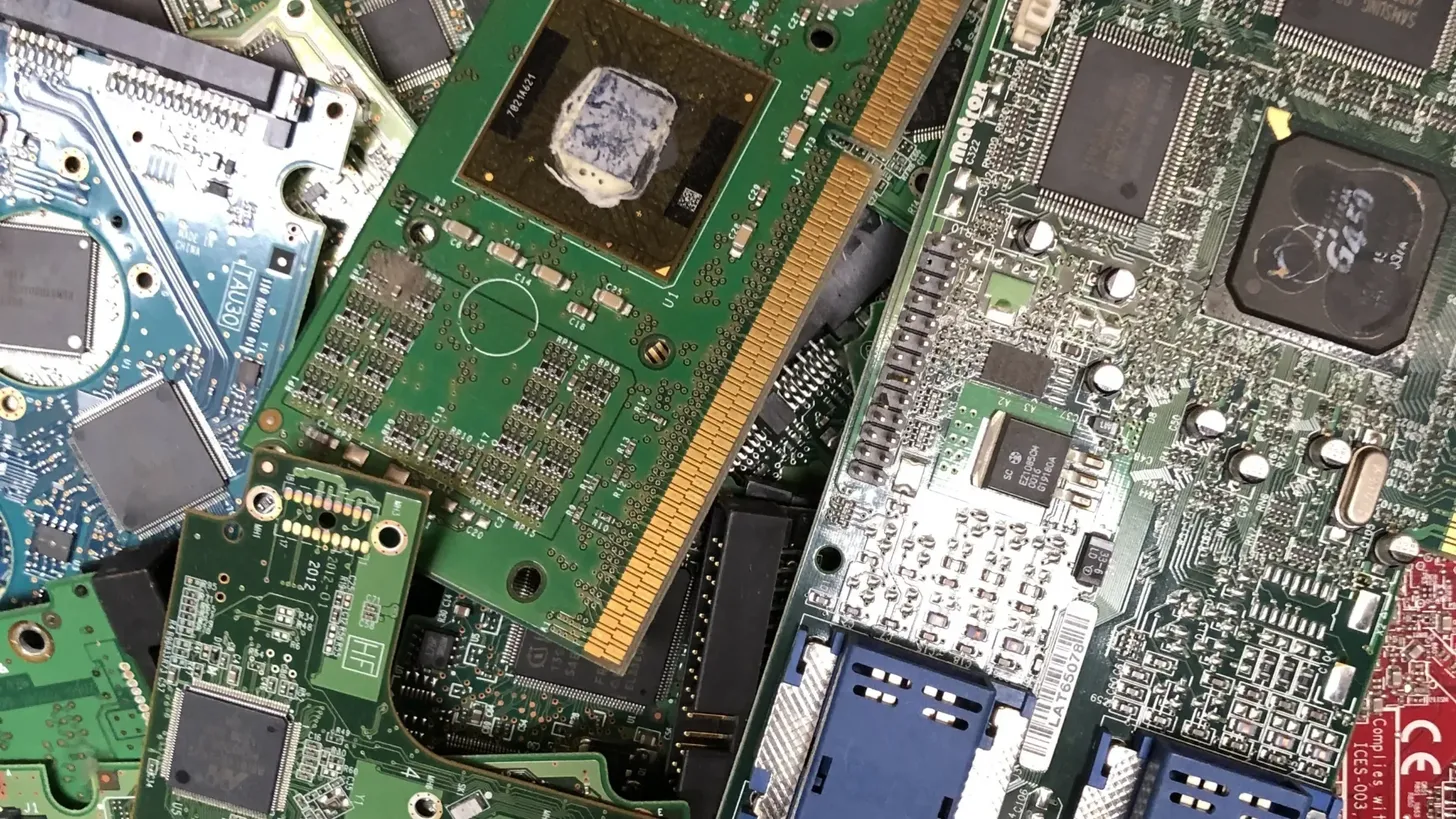
Further Information
Metallic materials play an important part in manufacturing and the economy. The UK metals industry comprises around 11,100 companies, employs 230,000 people, and directly contributes £10.7 billion to UK GDP. As a foundation industry, it underpins the competitive position of every industrial sector, including aerospace, automotive, construction, electronics, defence and general engineering. Transformation of the metals industry from the current largely linear economy to a circular economy plays a critical role in delivering the government’s industrial strategy for clean growth, doubling of resource productivity and reaching net zero carbon emissions in 2050.
The UKRI Interdisciplinary Centre for Circular Metals aims to accelerate this transformation. The centre comprises a multidisciplinary academic team with a wide range of academic expertise and a strong industrial consortium involving the full metals supply chain. As an integral part of the national circular economy community, the project ambition is to make the UK the first country in the world to realise a full circular economy of metals by 2050.
As part of the Centre’s initiatives, UCL researchers are running the Big Repair Project citizen science study on UK household experiences of electronics and appliance repair. This project aims to support the changes needed to grow the UK’s electronics repair economy and to raise awareness about the issues of electronic waste.
Find out more.
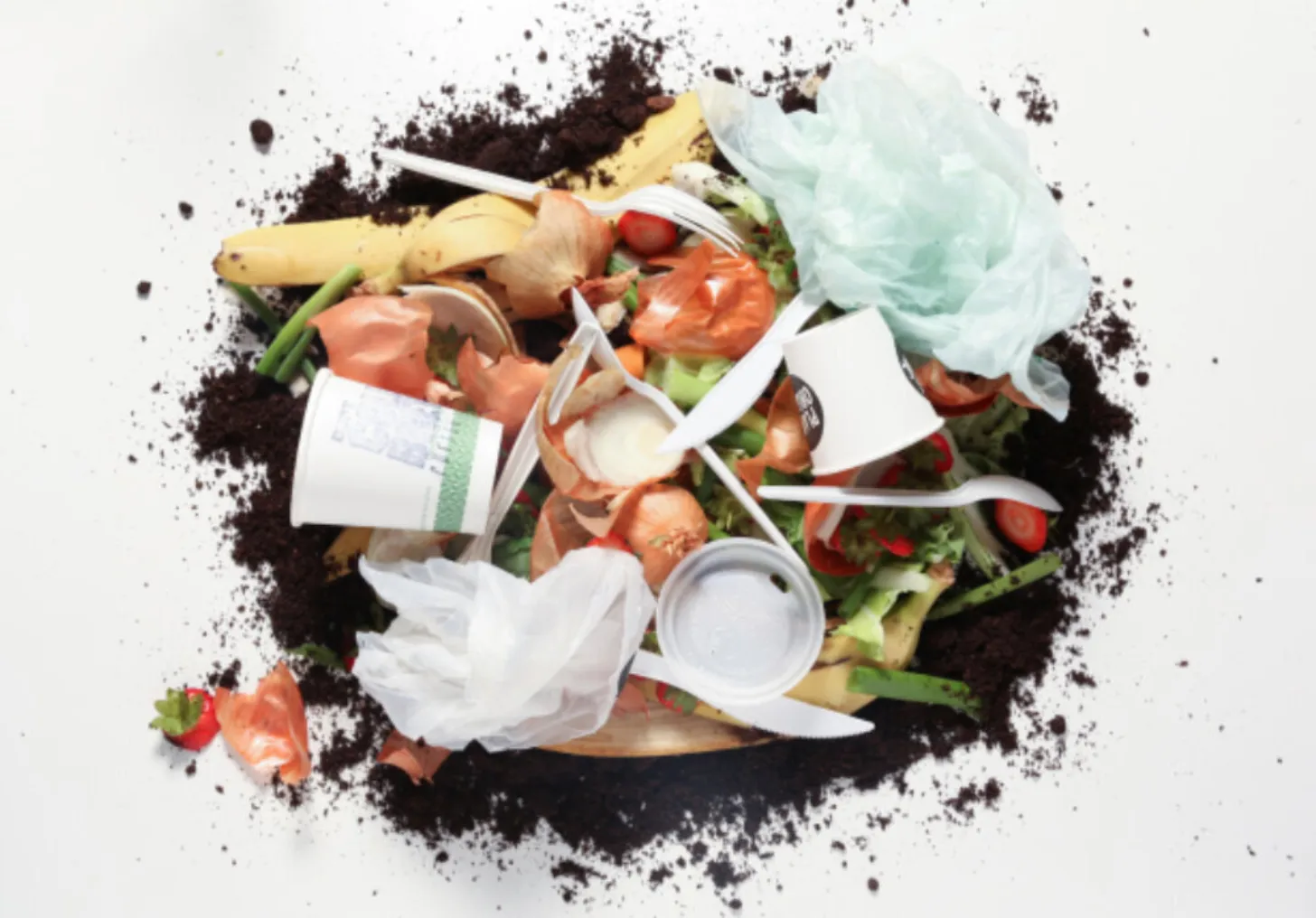
Further Information
This 3-year follow-on project from Designing-Out Plastic Waste, funded by UK Research and Innovation (UKRI) and Natural Environment Research Council (NERC), aims to unlock the barriers to a sustainable system for the use of compostable plastics in the UK and worldwide.
In 2018 the UK Plastics Pact set a target to make all plastic packaging 100% recyclable, reusable, or compostable, and to eliminate all unnecessary single-use packaging by 2025. This declaration has resulted in a significant growth of the compostable plastics packaging sector. New companies are offering a vast range of products that are intended to replace single-use plastic packaging in products that are not suited to recycling due to contamination such as nappies, wipes, and take-away food packaging and ready-meal trays.
The Hub's citizen science research, The Big Compost Experiment, showed a strong consumer demand too: 84% of UK households taking part reported that they are more likely to choose products that are marked as "biodegradable" or "compostable". Plastics Europe estimate the global market for biodegradable plastics, which was 1.2 million tonnes in 2018, is set to grow by 60% by 2023. However, compostable plastics need to be disposed of properly if they are to deliver on their environmental promise and in the UK there is currently no system for collection, sorting or processing of compostable plastics. Through a series of industry meetings and site visits with our industrial partners we undertook a systems analysis of compostable packaging. This project will:
- Measure the environmental impact and feasibility of processing large volumes of compostable plastics using industrial composting, anaerobic digestion facilities, and home compost facilities.
- Improve the effectiveness of industrial composting of biodegradable plastics by identifying key microbes present and developing suitable innocula to enhance breakdown capabilities
- Test the effectiveness and feasibility of automatic detection and sorting technologies for compostables within the existing waste collection facilities.
- Investigate the effect of packaging design and labelling on customer behaviour and make an evidence-based recommendation for a UK code of practice.
- Review the current products on the market to understand where compostable packaging could make a positive contribution to the UK and global sustainability targets.
- Assess current European and International standards and make evidence-based policy recommendations for the UK system design and regulation of a circular economy of compostable plastic
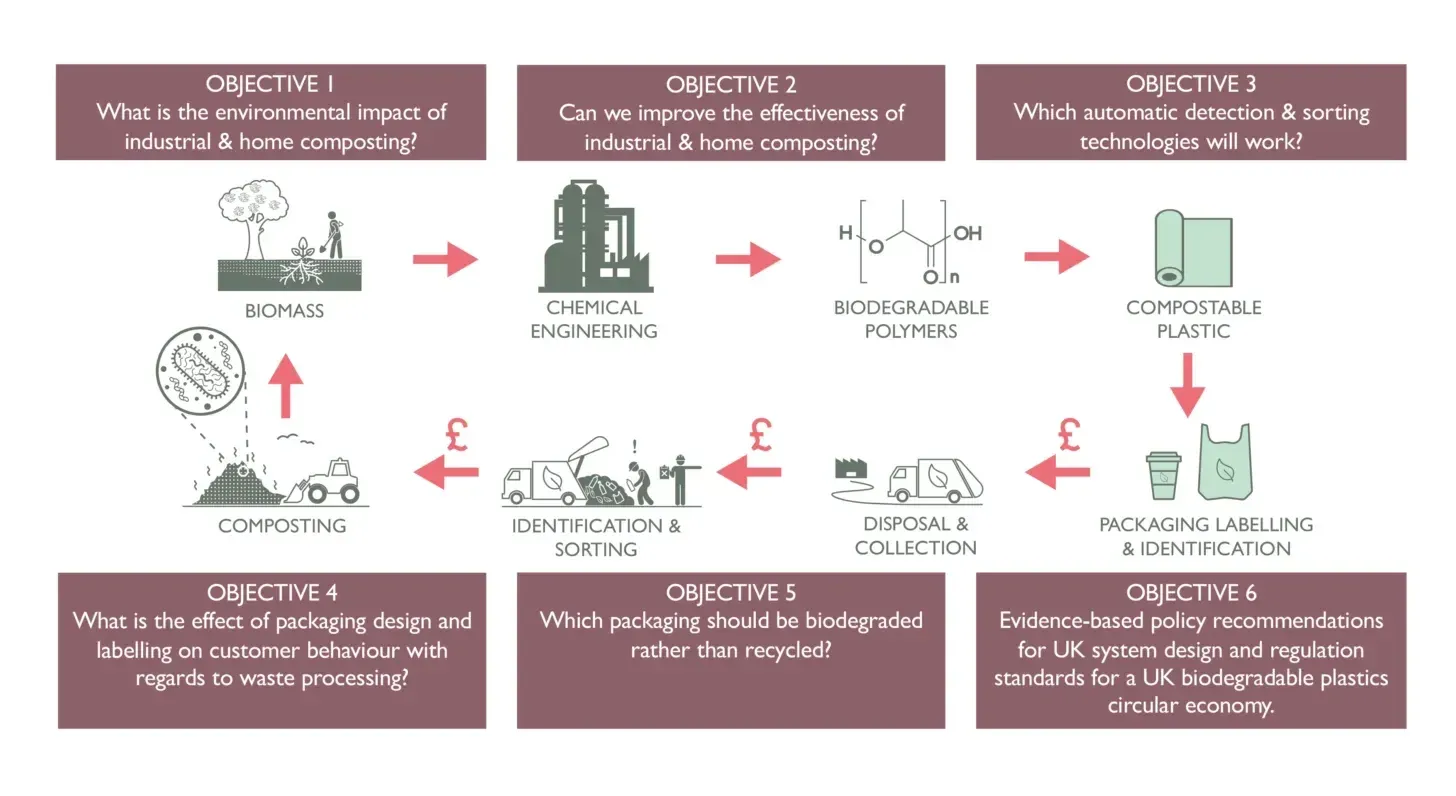
People
The project is led by Professor Mark Miodownik, with Professor Helen Hailes (UCL Chemistry) Professor John Ward (UCL Biochemical Engineering) and Jenny Bird (Public Policy Manager for UCL STEaPP).
Funders
This research is supported by a grant from UK Research and Innovation (UKRI) delivered via the Natural Environment Research Council (NERC).
Partners
Anaero Technology
Closed Loop Partners
DeclanMee
Deliveroo
gDiapers
TIPA
BBIA
Recycleye
Mama Bamboo
NEMI Teas
REA
Paper Round
Vegware
Veolia UK
Xampla
Media
Webinar: Compostable Plastics Research Update June 2023. View.
Find out more.
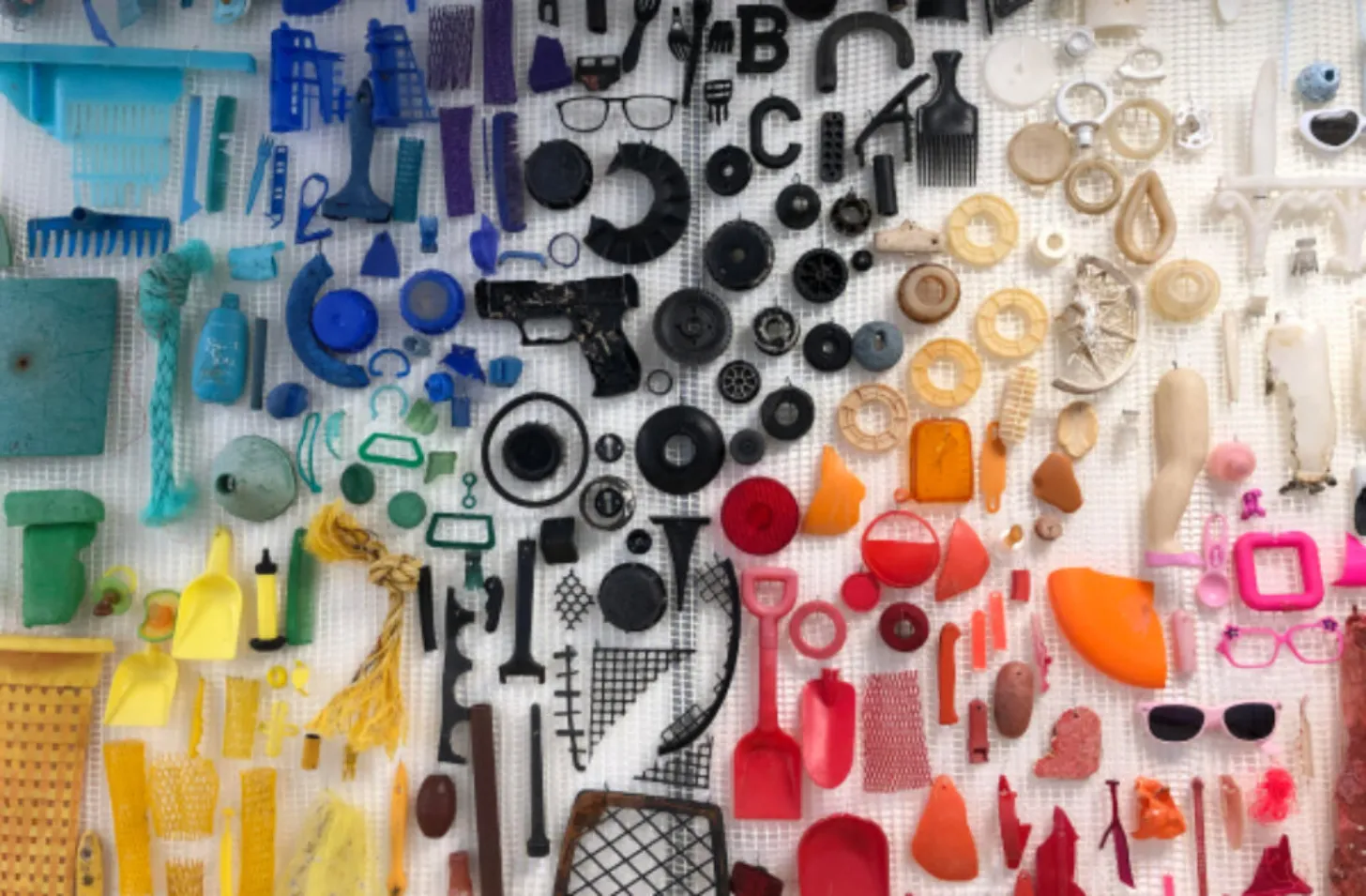
Further Information
This 18-month project, funded by UK Research and Innovation (UKRI) and the Engineering and Physical Sciences Research Council (EPSRC), brings together a diverse team of UCL researchers interested in solving the UK's plastic waste problem. Our aim is to develop new ways to design-out waste from plastic packaging and create new business opportunities. We believe that waste is a failure of design: whether that is a failure to design plastics that are reusable, recyclable, or compostable; a failure to design waste-collection methods that encourage a more proactive approach to recycling; a failure to design economically viable mechanical and chemical recycling processes; or a failure to design the market incentives that ensure local authorities can invest in waste-management technology. Each design failure affects and compromises the whole system, leading to the leakage of plastic into the environment, and creating an economic burden on the UK.
People
Led by Professor Mark Miodownik, the project takes a design approach to the issue of plastic waste by assembling a multidisciplinary team of experts from across UCL, who will create and test new interventions in eliminating plastic waste. The team will also collaborate with a Steering Committee of professionals from across the sector, including those from manufacturing, retailers, policy makers, local government, sustainability charities, and waste management.
Funders
The fund is managed by UK Research and Innovation (UKRI), delivered via the Engineering and Physical Sciences Research Council (EPSRC) and Innovate UK, with strategic oversight from Professor Duncan Wingham, Executive Chair of the Natural Environment Research Council (NERC).
Partners
Procter & Gamble
VOID
Recycling Technologies
British Plastics Federation
Veolia
FLO
Mace
Find out more.
People
Core Team

Dr Ayşe Lisa Allison
Centre for Behaviour Change - Behavioural Psychology

Gema Amaya Santos
Chemical Engineering - Life Cycle Assessment

Dr Silvia Anselmi
Chemistry - Biochemical Engineering

Larisha Apete
Arts and Sciences - Systems Dynamics and Life Cycle Assessment

Dr Teresa Domenech Aparisi
Institute for Sustainable Resources - Material Flow Analysis

Prof Helen Hailes
Chemistry - Organic Chemistry and Chemical Biology

Dr Jack Jeffries
Biochemical Engineering - Biochemistry

Prof Paola Lettieri
Chemical Engineering - Life Cycle Assessment

Dr Fabiana Lorencatto
Clinical, Educational and Health Psychology

Dr Olwenn Martin
Arts and Sciences - Health and Environment

Prof Francesca Medda
Institute of Finance and Technology

Prof Susan Michie
Centre for Behaviour Change - Behavioural Psychology

Prof Mark Miodownik
Mechanical Engineering - Materials Science

Christian Partik
Mechanical Engineering - Material Engineering

Dr Andrea Paulillo
Chemical Engineering - Life Cycle Assessment

Polina Pencheva
Engineering - Design and Policy

Dr Elze Porte
Mechanical Engineering - Material Engineering

Dr Luba Prout
Chemistry - Chemical Engineering

Danielle Purkiss
Engineering - Design and Head of Research & Development

Nutcha Taneepanichskul
Mechanical Engineering - Automatic sorting technologies
Former Team Members

Dr Maria Bawn
Engineering Science - Biochemical Engineering

Esther Ambrose-Dempster
Chemistry - Organic Chemistry

Ruby Wright
Artist-in-Residence

Jenny Bird
Science, Technology, Engineering and Public Policy - Public Policy

Miguel Casas Arredondo
Material Flow Analysis

Dr Kimberley Chandler

Charnett Chau
Chemical Engineering - Biochemical Engineering

Dr Dragana Dobrijevic
Biochemistry

Dr Leona Leipold

Dr Chao Liu
Institute of Finance and Technology - Finance

Dr Beth Munro
Plastic Waste Innovation Hub - Research Manager

Dr Candace Partridge

Dr Ana Rita Pinho
Science, Technology, Engineering and Public Policy (STEaPP) - Public Policy

Dr Gorjan Stojanovski
Biochemical Engineering - Biochemistry

Prof John Ward
Biochemical Engineering - Biochemistry
Publications & Reports
The Comfort Loop: A systems approach for sustainable absorbent hygiene products
Allison et al. (2022). Reducing Disposable Diaper Waste: Protocol for a Behavioural Science Workstream. Sustainability 2024, 16(17), 7662 - doi.org/10.3390/su16177662. View.
Circular Metals
Purkiss et al. (2024). A systems approach to growing the UK electronics and appliance repair economy. Frontiers in Sustainability Volume 5 - doi.org/10.3389/frsus.2024.1432655. View.
Ransley et al. (2024). An introduction to linkage fabrics and their application as programmable materials. Programmable Materials Volume 2 - doi.org/10.1017/pma.2024.5. View.
Partik et al. (2023). The use of phase change material as an actuator in linkage fabric structures. Frontiers in Materials Volume 10 - doi.org/10.3389/fmats.2023.1268975. View.
Compostable Plastics: unlocking existing barriers to systems change
Purkiss et al. (2022). The Big Compost Experiment: Using citizen science to assess the impact and effectiveness of biodegradable and compostable plastics in UK home composting. Frontiers in Sustainability Volume 3 - doi.org/10.3389/frsus.942724 2022. View.
Allison et al. (2022). Barriers and Enablers to Food Waste Recycling: A Mixed Methods Study amongst UK Citizens. Int. J. Environ. Res. Public Health 2022, 19(5), 2729. doi.org/10.3390/ijerph19052729. View.
Allison et al. (2022). Improving compostable plastic disposal: An application of the Behaviour Change Wheel intervention development method. Front. Sustain., 18 August 2022 Sec. Waste Management Volume 3 - 2022. doi.org/10.3389/frsus.2022.968152. View.
Ambrose Dempster et al. (2023). Mechanoenzymatic reactions for the hydrolysis of
PET. Royal Society of Chemistry, Advances - DOI: 10.1039/d3ra01708g. View.
Taneepanichskul et al. (2022). A Review of Sorting and Separating Technologies Suitable for Compostable and Biodegradable Plastic Packaging. Front. Sustain., 20 May 2022 Sec. Waste Management Volume 3 - 2022. doi.org/10.3389/frsus.2022.901885. View.
Taneepanichskul et al. (2023). Automatic identification and classification of compostable and biodegradable plastics using hyperspectral imaging. Front. Sustain., 14 March 2023Sec. Waste Management Volume 4 - 2023. doi.org/10.3389/frsus.2023.1125954. View.
Taneepanichskul et al. (2024). Using hyperspectral imaging to identify and classify large microplastic contamination in industrial composting processes. Front. Sustain., 23 May 2024, Sec. Waste Management, Volume 5 - doi.org/10.3389/frsus.2024.1332163. View.
Sciscione et al. (2023). The performance and environmental impact of pro-oxidant additive containing plastics in the open unmanaged environment—a review of the evidence. R. Soc. Open Sci.10230089230089. doi.org/10.1098/rsos.230089. View.
Chau et al. (2021). The environmental performance of protecting seedlings with plastic tree shelters for afforestation in temperate oceanic regions: A UK case study. Science of The Total Environment, Volume 791, 2021, 148239, ISSN 0048-9697. doi.org/10.1016/j.scitotenv.2021.148239. View.
UCL Department of Science, Technology, Engineering and Public Policy (2022). Food waste recycling - policy briefing note. View.
UCL Department of Science, Technology, Engineering and Public Policy (2022). Home composting and compostable plastics - policy briefing note. View.
Designing-out Plastic Waste
Allison et al. (2020). The impact and effectiveness of the general public wearing masks to reduce the spread of pandemics in the UK: a multidisciplinary comparison of single-use masks versus reusable face masks. UCL Open Environment. View.
Liu et al. (2021). Plastic credit: A consortium blockchain-based plastic recyclability system. Waste Management, Volume 121, 15 February 2021, Pages 42-51 - doi.org/10.1016/j.wasman.2020.11.045. View.
Affiliated work
Apete et al. (2024). Fishing plastic waste: Knowns and known unknowns. Marine Pollution Bulletin Volume 205, 116530 - doi.org/10.1016/j.marpolbul.2024.116530. View.
Muncke et al. (2024). A vision for safer food contact materials: Public health concerns as drivers for improved testing. Environmental International, Volume 180, October 2023, 108161 - doi.org/10.1016/j.envint.2023.108161. View.
Brandon et al. (2023). Charting success for the Plastics Treaty. Voices, Volume 6, Issue 6p575-581. View.
Cities of Making: Foundries of the Future. (2020). View.



